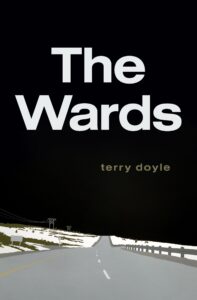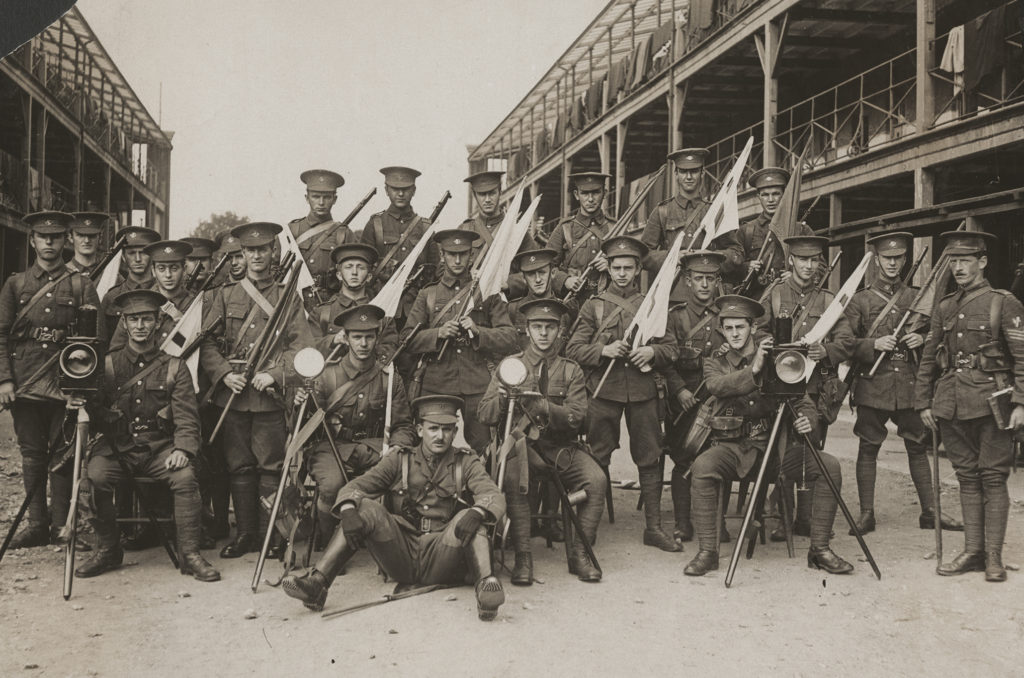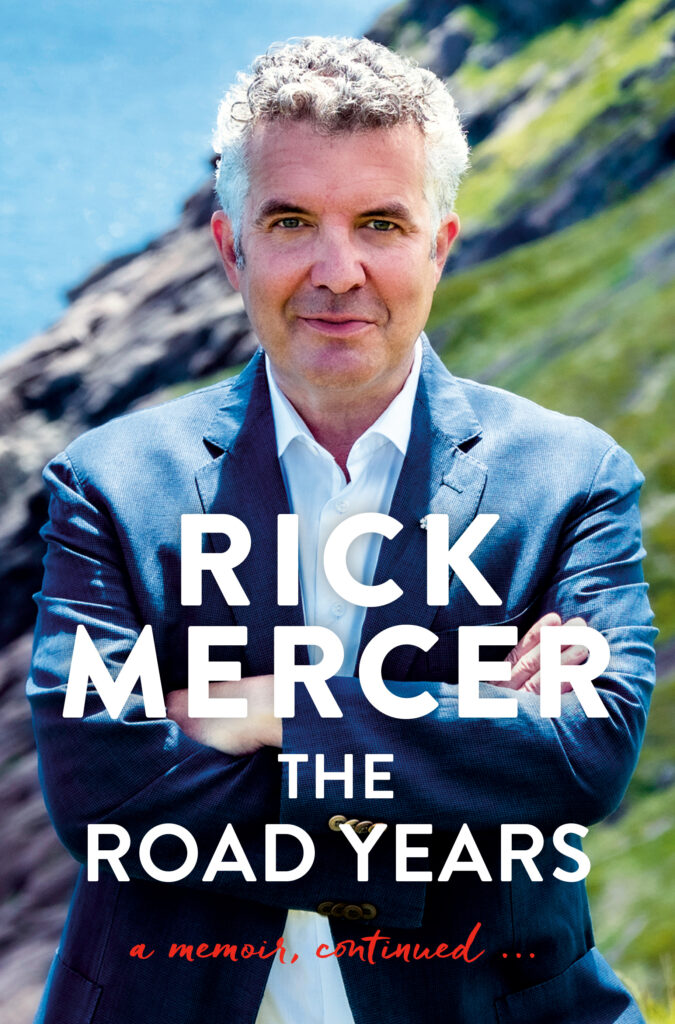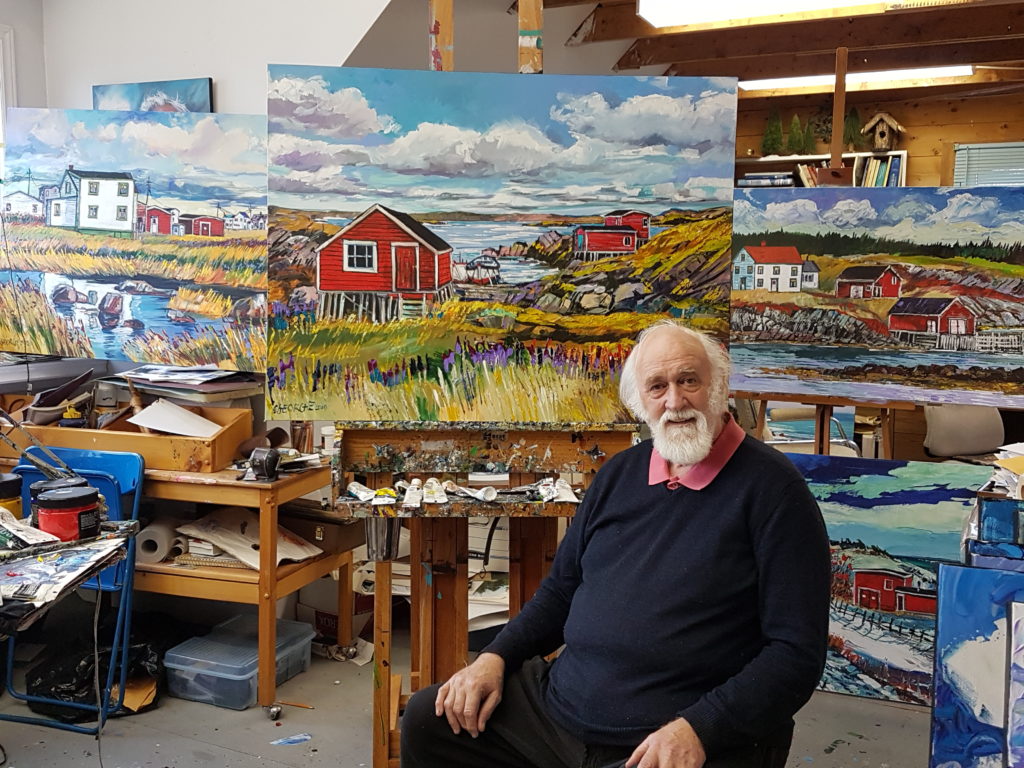Terry Doyle: I want to write without thinking too much
July 2022
Can you tell us a little about yourself?
I grew up in the Goulds, before writing full-time I was a plumber, and I changed my name when I was 15 – I used to be called Terry Grant.
Let’s start with the title. I was struck with how The Wards echoed and resonated with the ideas of being someone’s ward, or guardian/warden, or to be rewarded. Lots compacted there – or am I overthinking that?
It’s funny, the publisher requested I change the title, but I had it very early on when writing the first draft. I was thinking about “ward of the state” and how this family, to me, are representative of a lot of Newfoundland families; or maybe one could argue this kind of family is a by-product of our provincial history. Beyond that I didn’t intentionally take it much further, but I can see now that the title and the content naturally grew together. In particular Al’s influence on his son, Gussey (his ward,) is an important hinge on which the novel swings.
The work worlds of the male characters are so thoroughly masculine, camps and rotations, and completely void of any domesticity or softness. This is from your own experience?
I have worked in these environments, yes. Most of the men I know do. But I don’t see these environments present in a lot of the books I read. I guess it feels like one small thing that I can give a reader – to take them someplace perhaps they’ve never been.
I don’t like to promote my work as exploring “masculinity” but that seems to occur with or without my blessing. It just happens to take up a portion of the raw materials I have to work with, I guess.
I wrote a novel years ago called Union and it was primarily about working at one of these mega-projects – Bull Arm in this case – but I eventually gave up on the manuscript. It was suggested that most readers would not “give a shit” about the specifics of that kind of work. And I think there is some truth to that. I don’t think these experiences are enough to hold a novel together on their own. So now I try to incorporate them without forcing them to be the centre of the story. The characters need to be central.

The main characters are a family, mother Gloria, father Al, children Gussey and Dana. Can you describe them in three words? What is their greatest challenge? How do they need to change?
Three words: “Family is family.”
Their greatest challenge is probably outgrowing their familial mold. Becoming something new, without being given proper instructions or a guide on how to do that.
They need to change in the way all people need to change, I think. They need to continue to grow and evolve. This novel is about two generations, but one could easily cast backward further to imagine how much change and growth there has been between the generations that came before, too. And clearly there is a lot left to be done, growth-wise, by the newest generation of Wards.
Mark is a pivotal, if not central, character. It’s interesting how he affects everyone he meets – what role did he play for you as the author? It would have been such a different story without him.
I think Mark – Gussey’s best friend – is to a certain degree Gussey’s foil. He allows me to show the other side of Gussey. Their friendship became very important to the novel. Mark’s softness is essential. Without it, without Mark, this family may have been too difficult to care for. It’s hard to write characters who aren’t exactly likable, and I think Mark was important to me and, I hope, to readers, to help make the Wards easier to spend time with. He delivers pathos when the story requires it. He can act as a mirror too. You’re right, I think Mark is absolutely central.
Something similar could be said for Simon, in terms of Dana’s trajectory. Would it be fair to say you introduce him to lead her to a “teachable moment”?
Dana’s trajectory worried me early on. She was the character I asked the most questions about when speaking with my early readers. In general, I try to write without bringing too much intention to the desk. I want to write quickly, instinctively, without thinking too much; trying to shut out that critical part of me. So I wouldn’t say I introduced Simon to lead Dana to a teachable moment, but I introduced him, and then had to, kind of on the fly, troubleshoot my way out of the mess he created.
Without giving away the ending, which is so precise and so sticks that landing, what do you want or hope for readers to take from the novel?
Thank you. Funny, again, the publisher asked me to change the ending, but again I had this ending in mind the entire time I wrote – I had it very early on and used it as a beacon, in a way. Writing toward it, feeling my way there.
I think it would be silly for me to expect a certain reaction from readers. It’s not for me to say how someone might respond, but my hope would be that they are moved. I hope there is an emotional connection to the characters, and I hope the readers are entertained. Beyond that, I’m just incredibly grateful that they’ve taken the time to read my book, and that I get to write books. I hope I get to write many more and that each one will help me learn and grow, like the Wards.
The Wards is Doyle’s first novel (Breakwater, $22.95). He has previously published the short story collection Dig (Breakwater Books, $19.95), and was a finalist for the 2017 NLCU Fresh Fish Award and winner of the 2017 Percy Janes First Novel Award.



